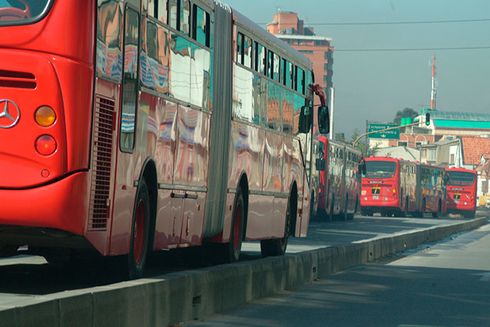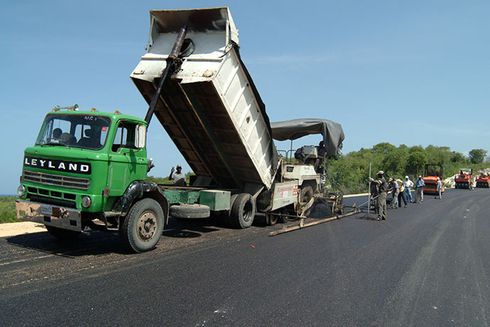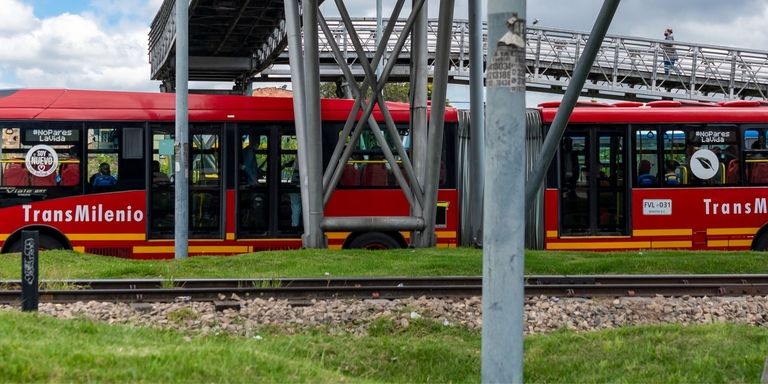
This course aimed at technical personnel of the region’s public sector provides an overview of the field of study of artificial intelligence (AI), as well as some of its current applications in transportation. Through the study of a specific case study of a project developed by the IDB that deploys Machine Learning models, the student will be able to further understand the requirements, development phases and management of a transportation AI project.

As in many other large Latin American cities, Buenos Aires traffic congestion generates significant increases in time and transportation costs for people and goods, and in noise and gas emissions that affect the quality of life and contribute to climate change. To meet these challenges, reliable and up-to-date data are needed to improve the planning and evaluation of urban interventions and real-time traffic management. Unfortunately, traditional techniques to obtain these data are expensive and difficult to implement for large geographic and temporal coverage.

This interactive website provides a planning tool and a repository of information relevant to the regional integration infrastructure sector. Coming Soon.

The platform provides georeferenced data on physical infrastructure projects for regional integration; climate change; development variables; and primary value chains.

Origin-destination (OD) matrices are tools for mobility planning and policy design. With complex urban dynamics and changing mobility patterns, up-to-date, disaggregated data with broad spatial coverage is essential to support this type of tool. Compared to surveys, presently, various sources of mass data (such as those coming from electronic means of payment of urban transportation systems) offer an interesting opportunity to elaborate these matrices with dynamic and low-cost information.

The process of road maintenance and signal inventory is time and resource intensive, which reduces the responsiveness in the maintenance of road infrastructure. Pavimenta2 uses artificial intelligence to efficiently analyze roads and can be quickly deployed in any country. It was created by IDB teams and is freely available on the bank’s open-source platform, Code4Dev and on GitHub, and can be installed on a local server or on cloud infrastructure. It has been used in Argentina, Brazil, Costa Rica, El Salvador, Trinidad and Tobago, and along the Pacific corridor in Central America to analyze more than 30,000 km. In 2023, the tool is expected to be used in Barbados, Ecuador, Peru, Honduras, and the Dominican Republic.

El transporte de las ciudades de América Latina y el Caribe (ALC) presenta desafíos importantes en materias de movilidad e inclusión. Algunas de sus causantes incluyen factores estructurales (externos al sector), infraestructurales, operativos e institucionales. Este sitio web tiene como objetivo generar conocimiento relevante y práctico respecto a la implementación de un conjunto de políticas, en especial sobre el uso de precios de los bienes y servicios relacionados con el transporte, para promover una movilidad urbana inclusiva, eficiente y sostenible en ALC.

The Transport Gender Lab aims to achieve the incorporation and strengthen the gender perspective in transport. Regional Public Goods seek collective solutions and respond to measures and challenges through cooperation among member countries, with the goal of obtaining greater development benefits and at a lower cost.
Discover the topics in which we work to improve lives in Latin America and the Caribbean.
Explore our offices across countries and the work they do to improve lives.
